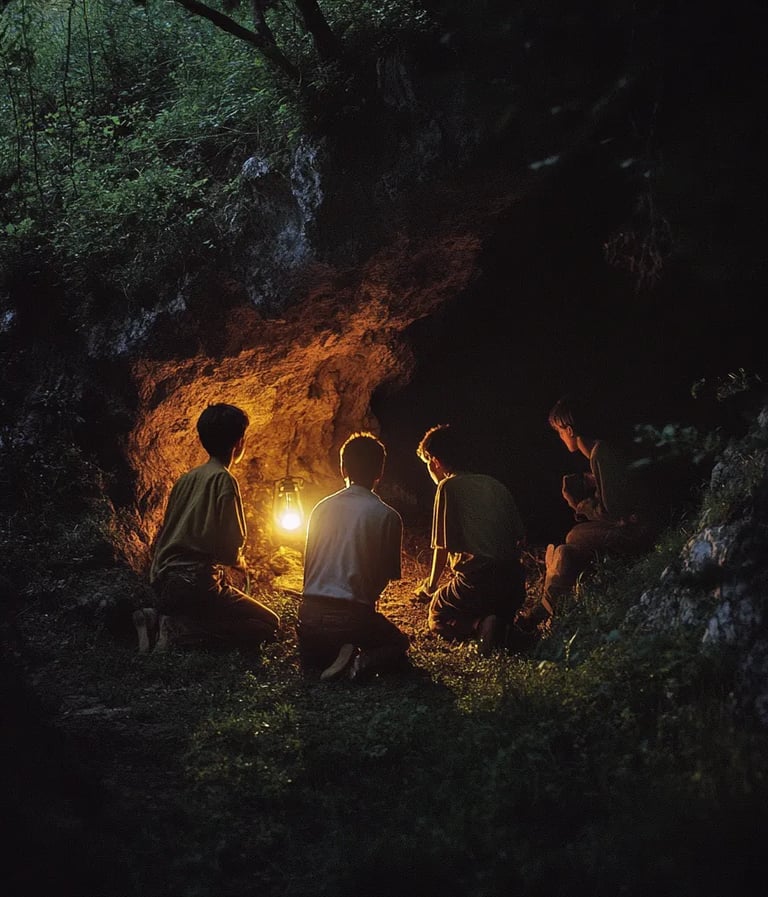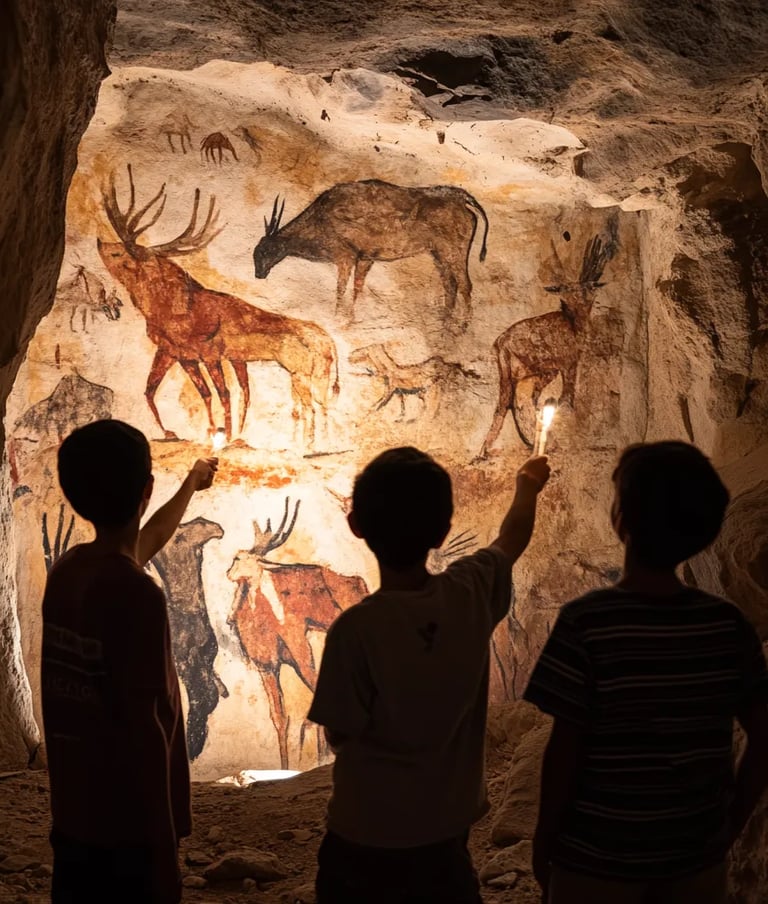On September 12, 490 BCE, a smaller Athenian army, led by Miltiades, defeated the much larger Persian forces at the Battle of Marathon. The battle was a pivotal moment in the Greco-Persian Wars, preserving Greek independence and halting Persian expansion into Europe. The victory became a symbol of Greek unity and resilience.
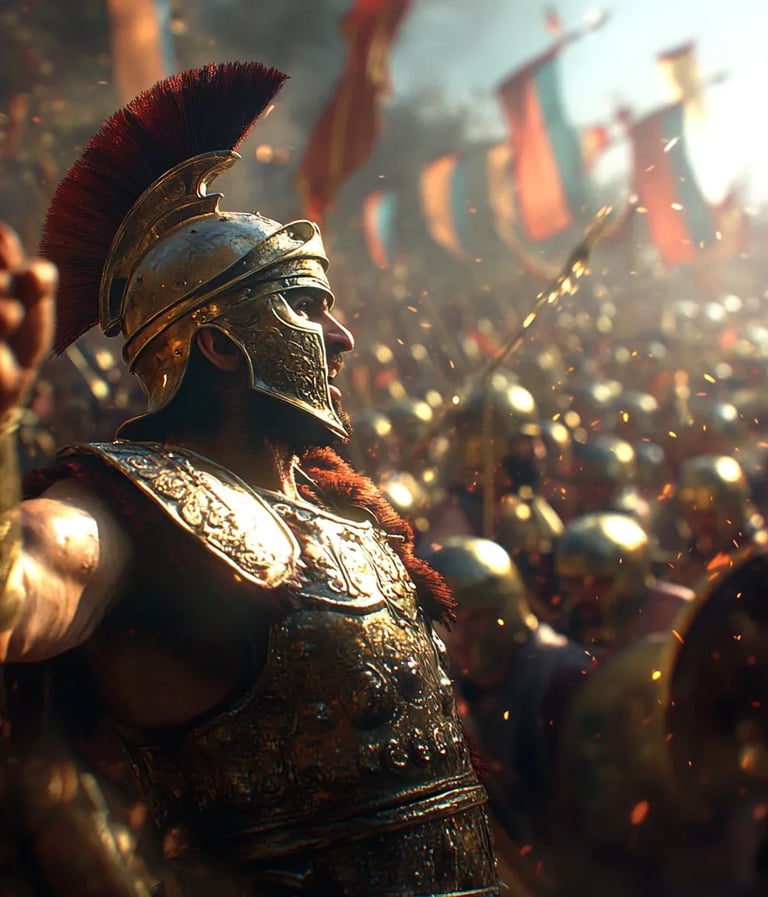

490 BCE – Battle of Marathon
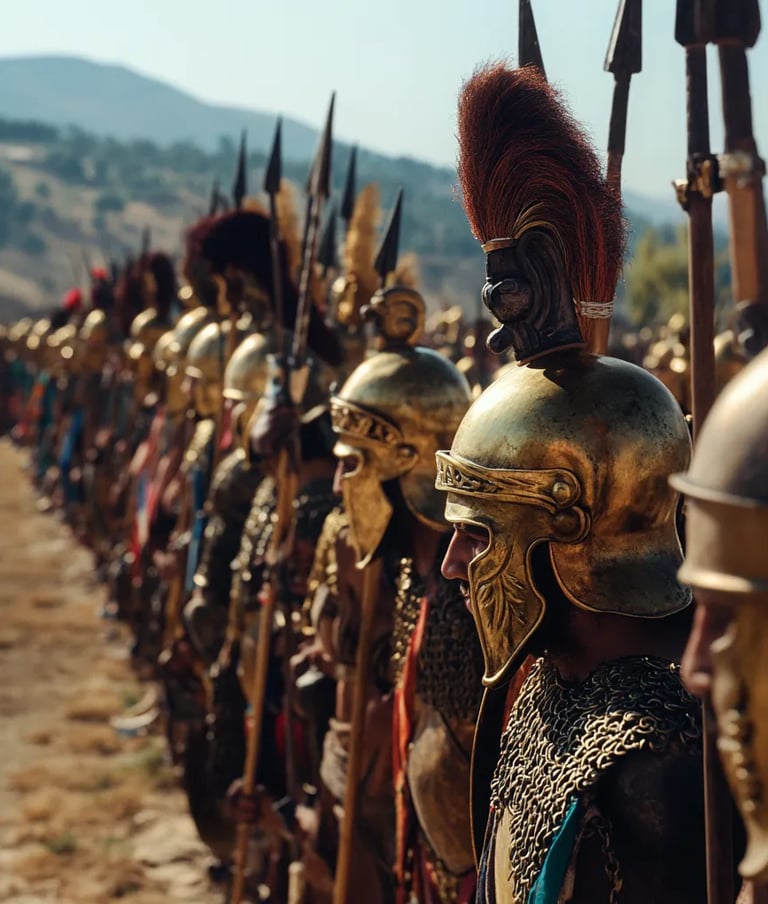

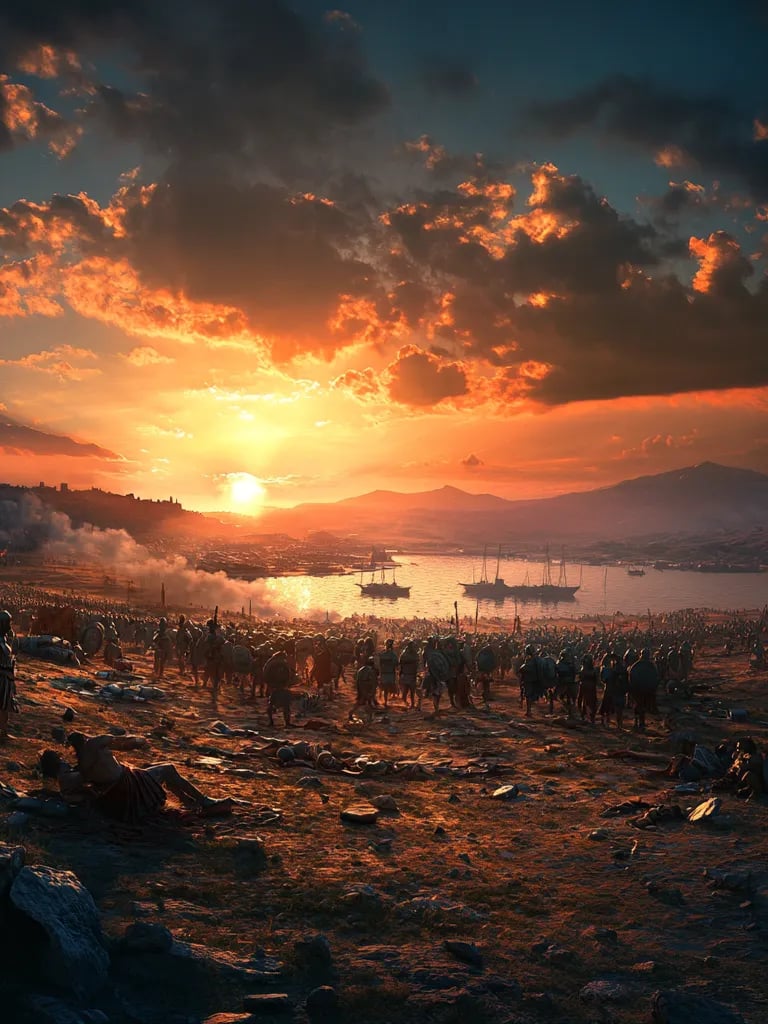

On September 12, 1755, notorious adventurer and libertine Giacomo Casanova was sentenced to five years in prison without a trial in Venice. He was charged with affronts to religion and common decency, mainly due to his libertine lifestyle and accusations of Freemasonry. He later escaped from the infamous prison, the "Leads."


1755 – Giacomo Casanova Sentenced to Imprisonment in Venice
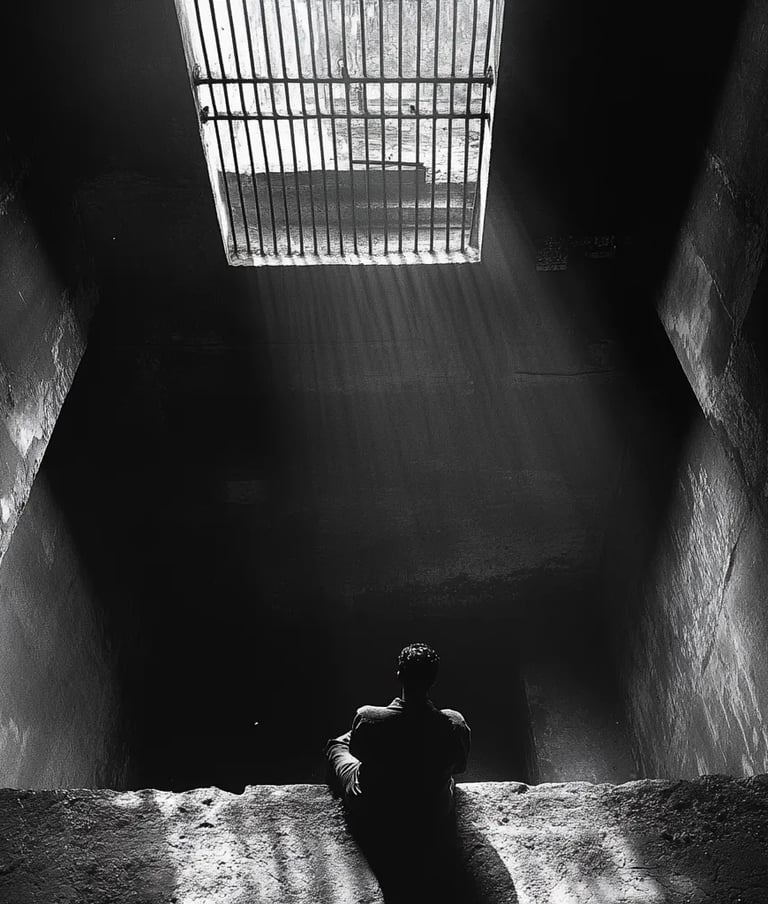



On September 12, 1847, U.S. forces, led by General Winfield Scott, launched an attack on the fortified hill of Chapultepec during the Mexican-American War. The battle was part of the U.S. campaign to capture Mexico City and ended with the American forces breaching Mexico's defenses, leading to the fall of the capital.


1847 – Mexican-American War: Battle of Chapultepec Begins
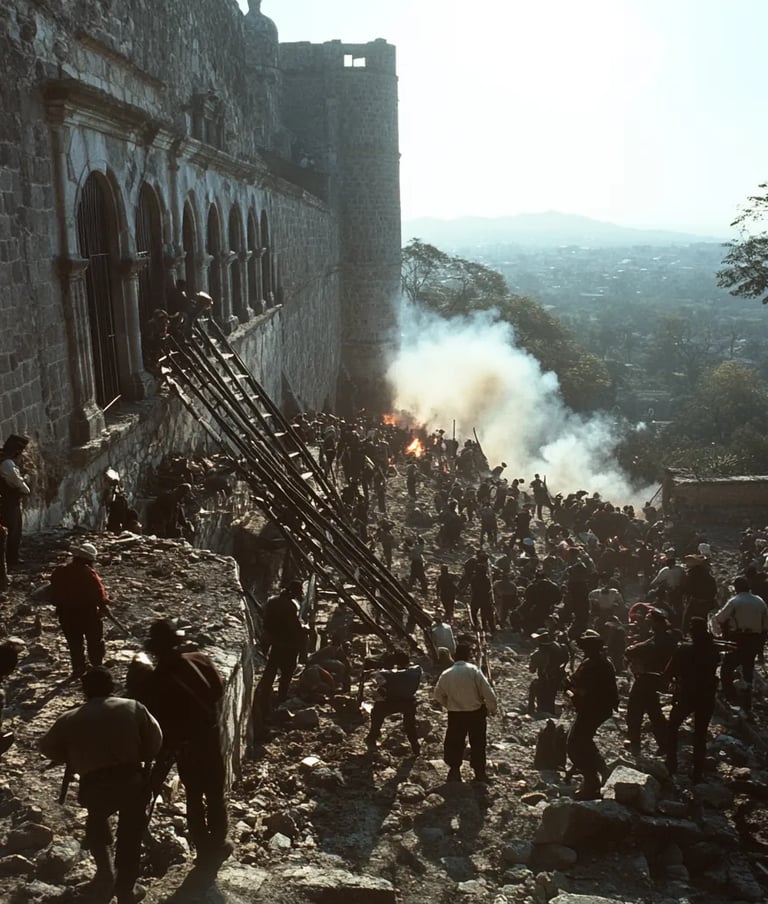

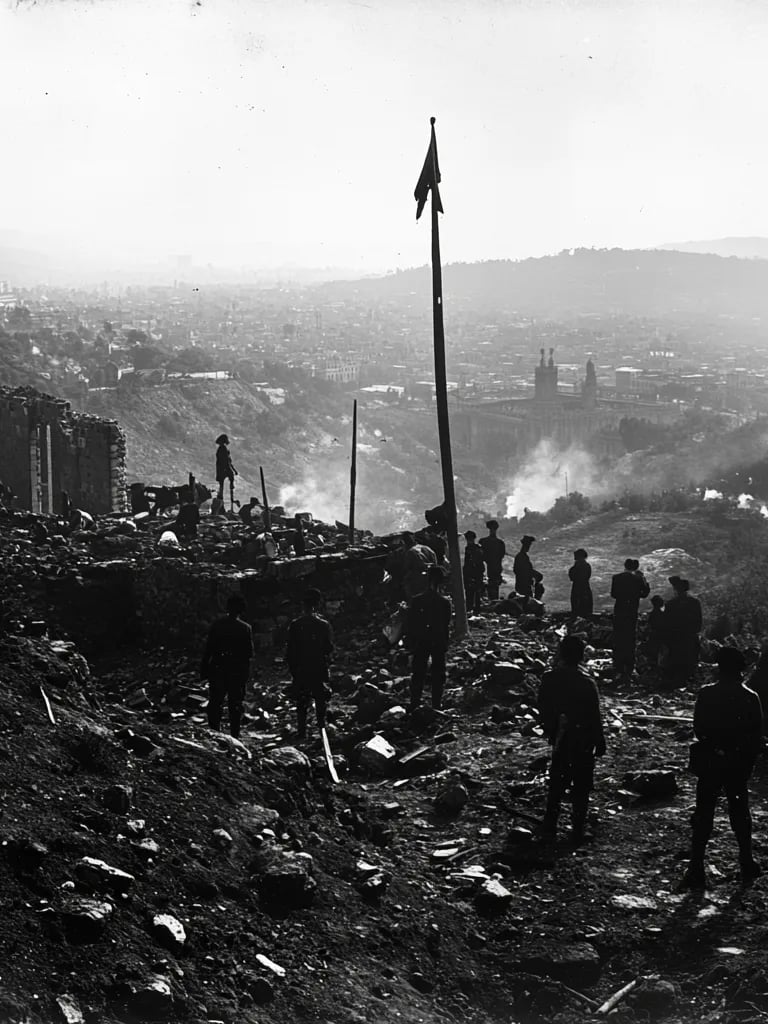

On September 12, 1857, the SS Central America sank in a hurricane off the coast of South Carolina. The steamship, carrying 423 passengers and crew, along with a large shipment of California Gold Rush treasure, was lost. Its sinking exacerbated the Panic of 1857, and the wreck was rediscovered in 1988 with its valuable cargo.
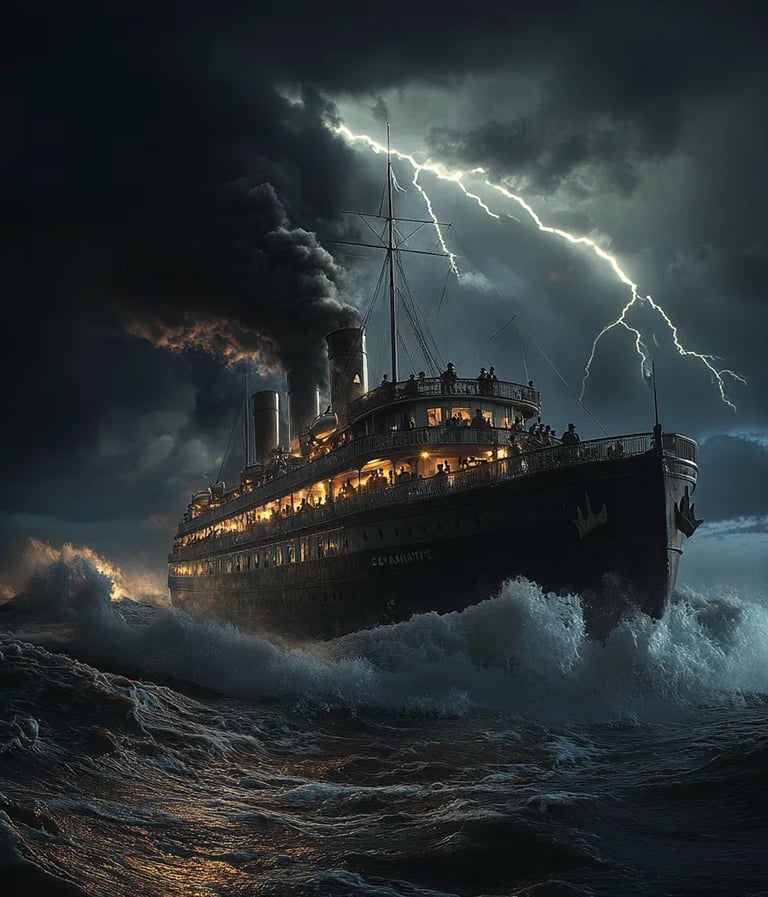

1857 – Sinking of the SS Central America
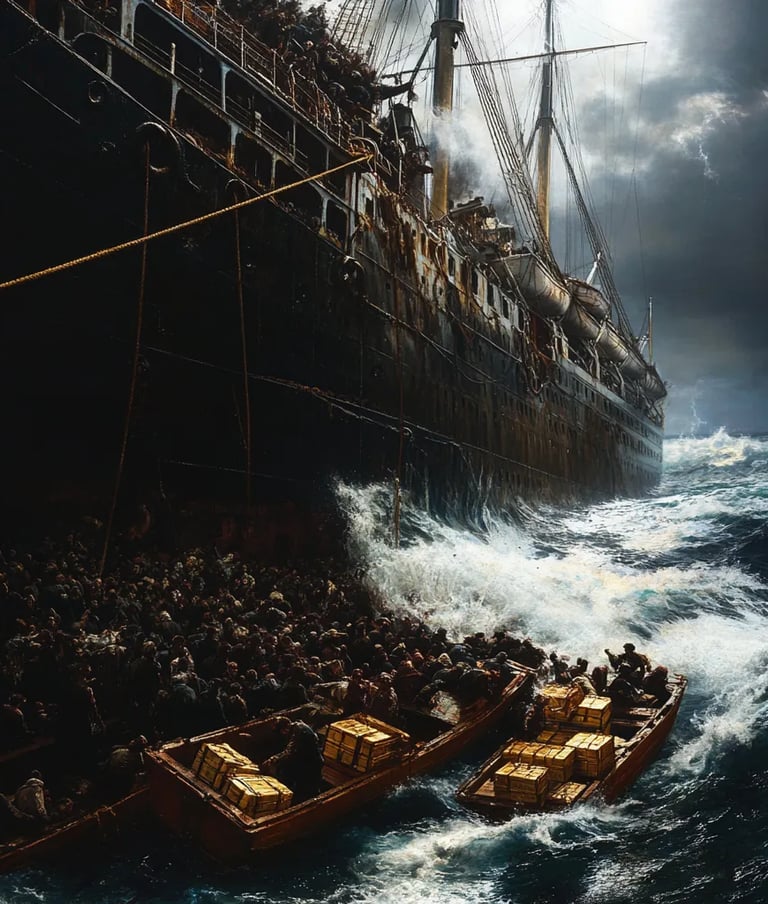

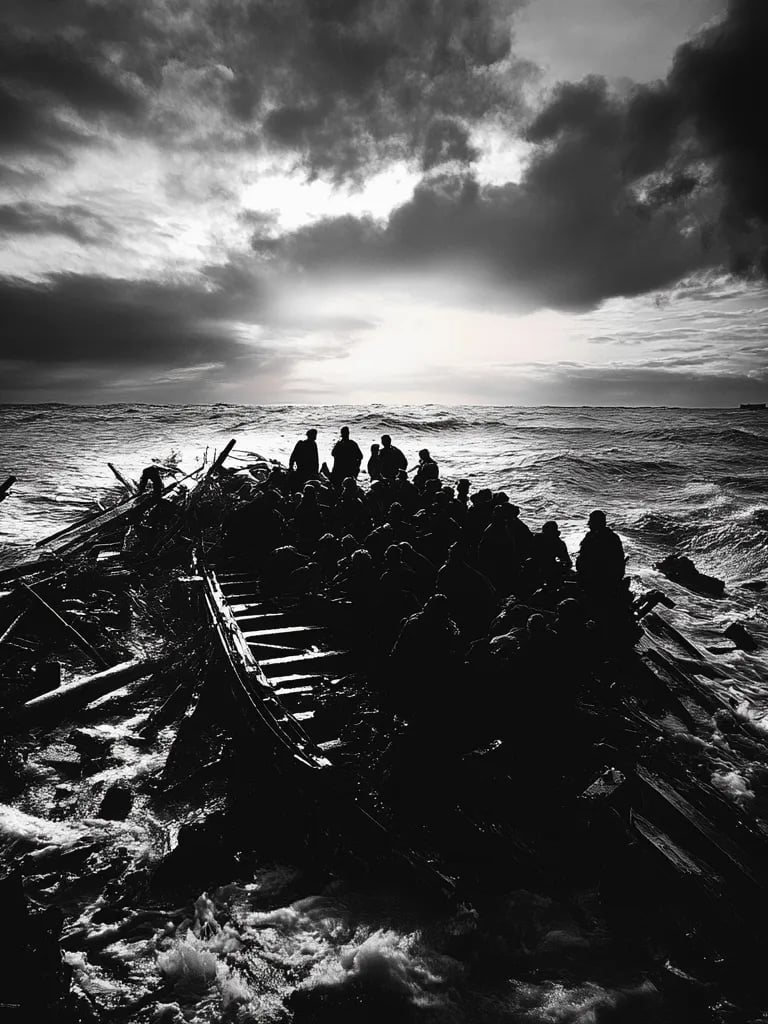

On September 12, 1940, four teenagers exploring near Lascaux, France, followed their dog into a cave and discovered stunning Paleolithic art. The 17,000-year-old Lascaux Cave paintings, depicting animals and abstract symbols, are considered some of the finest prehistoric art, offering a glimpse into the lives and beliefs of early humans.
